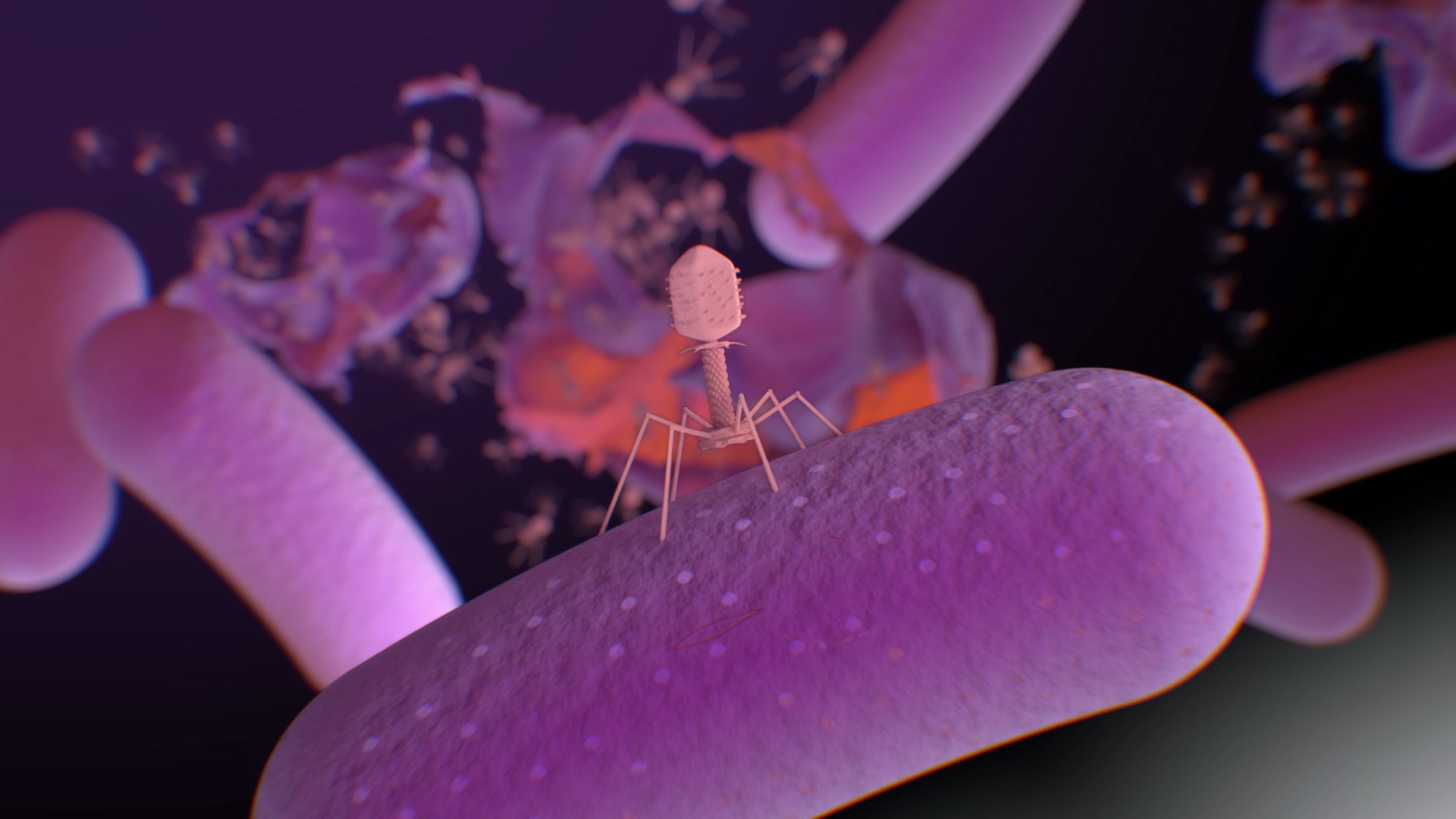Search
Showing results for "Professor"
Research
Altered lung structure and function in mid-childhood survivors of very preterm birthTo obtain comprehensive data on lung structure and function in mid-childhood from survivors of preterm birth.
Research
Air trapping in early cystic fibrosis lung disease-Does CT tell the full story?Mosaic attenuation on expiratory chest computed tomography (CT) is common in early life cystic fibrosis (CF) and often referred to as "air trapping"
Research
Irreversible growth plate fusions in children with medulloblastoma treated with a targeted hedgehog pathway inhibitorWe report on 3 children treated with vismodegib who developed widespread growth plate fusions that persist long after cessation of therapy.
Research
IDH mutant high-grade gliomasGliomas are the most common type of malignant primary central nervous system (CNS) tumors, resulting in significant morbidity and mortality in children and adolescent and young adult (AYA) patients. The discovery of mutations in isocitrate dehydrogenase (IDH) genes has dramatically changed the classification and understanding of gliomas. IDH mutant gliomas have distinct clinical, pathological, and molecular features including a favorable prognosis and response to therapy compared to their wildtype counterparts.
Research
Impact of vaccine mandates and removals on COVID-19 vaccine uptake in Australia and international comparators: a study protocolVaccination against SARS-CoV-2 was a crucial public health measure during the COVID-19 pandemic. Among the multiple strategies developed to increase vaccine uptake, governments often employed vaccine mandates. However, little evidence exists globally about the impact of these mandates and their subsequent removal on vaccine uptake, including in Australia, France, Italy and the USA.
Research
Global Lung Function Initiative reference values for multiple breath washout indicesMultiple breath washout is a lung function test based on tidal breathing that assesses lung volume and ventilation distribution. The aim of this analysis was to use the Global Lung Function Initiative methodology to develop all-age reference equations for the multiple breath washout indices lung clearance index and functional residual capacity.
Research
Radiographic and visual response to the type II RAF inhibitor tovorafenib in children with relapsed/refractory optic pathway glioma in the FIREFLY-1 trialDue to their anatomical locations, optic pathway gliomas (OPGs) can rarely be cured by resection. Given the importance of preserving visual function, we analyzed radiological and visual acuity (VA) outcomes for the type II RAF inhibitor tovorafenib in the OPG subgroup of the phase 2 FIREFLY-1 trial.
Research
A Phase 1/2a Study Evaluating Safety and Immunogenicity of Ad26.RSV.preF in RSV-seronegative Toddlers Aged 12-24 MonthsRespiratory syncytial virus (RSV) causes serious illness in children. The Ad26.RSV.preF vaccine candidate was immunogenic with acceptable safety in a phase 1/2a study of RSV-seropositive children. Here, we assessed its safety and immunogenicity in RSV-seronegative children.
Research
Efficacy of the adjuvanted subunit protein COVID-19 vaccine, SCB-2019: a phase 2 and 3 multicentre, double-blind, randomised, placebo-controlled trialA range of safe and effective vaccines against SARS CoV 2 are needed to address the COVID 19 pandemic. We aimed to assess the safety and efficacy of the COVID-19 vaccine SCB-2019.

START Phage WA was formed to pave the way towards treating AMR infections with phage therapy in Western Australia.
